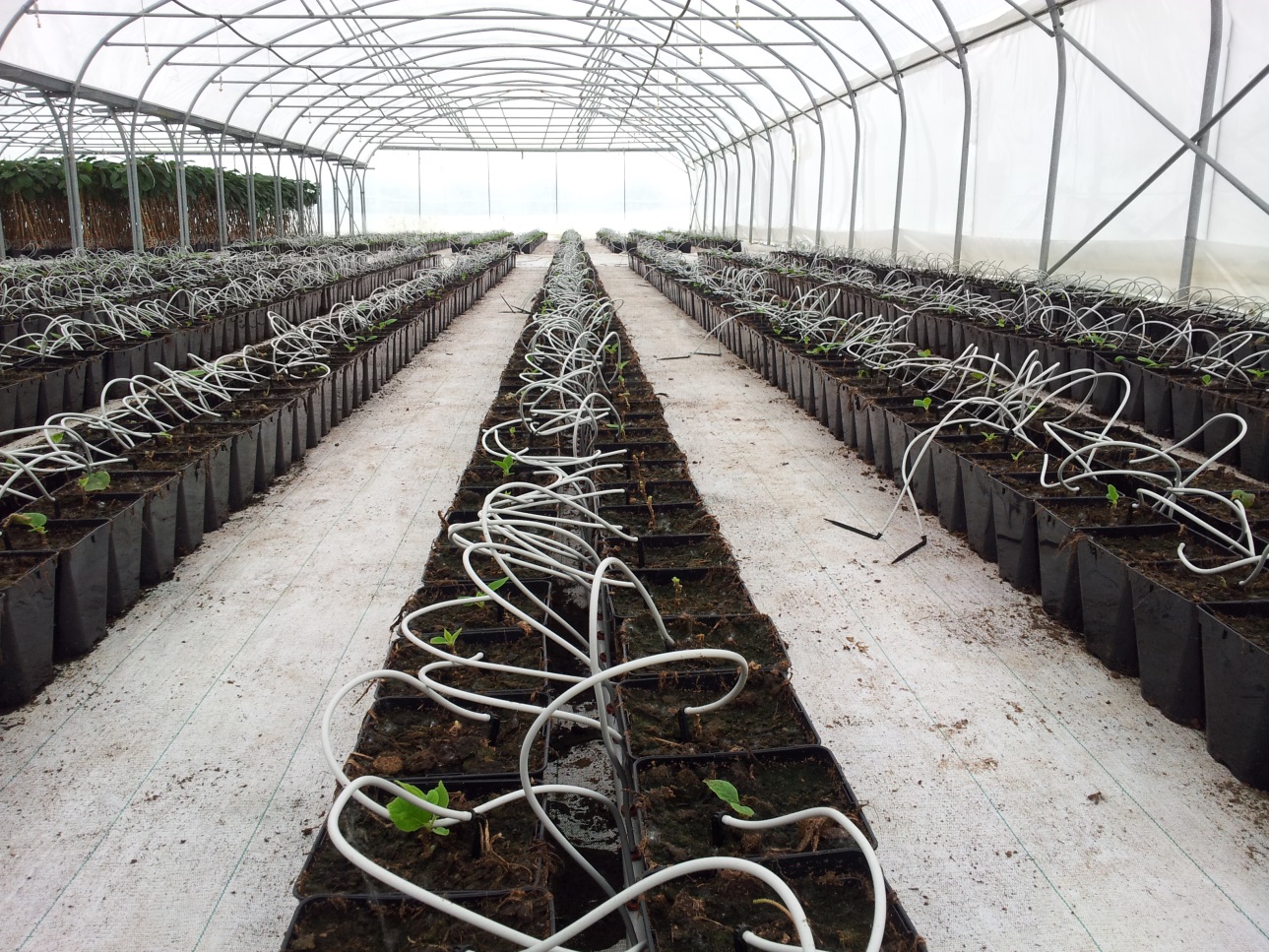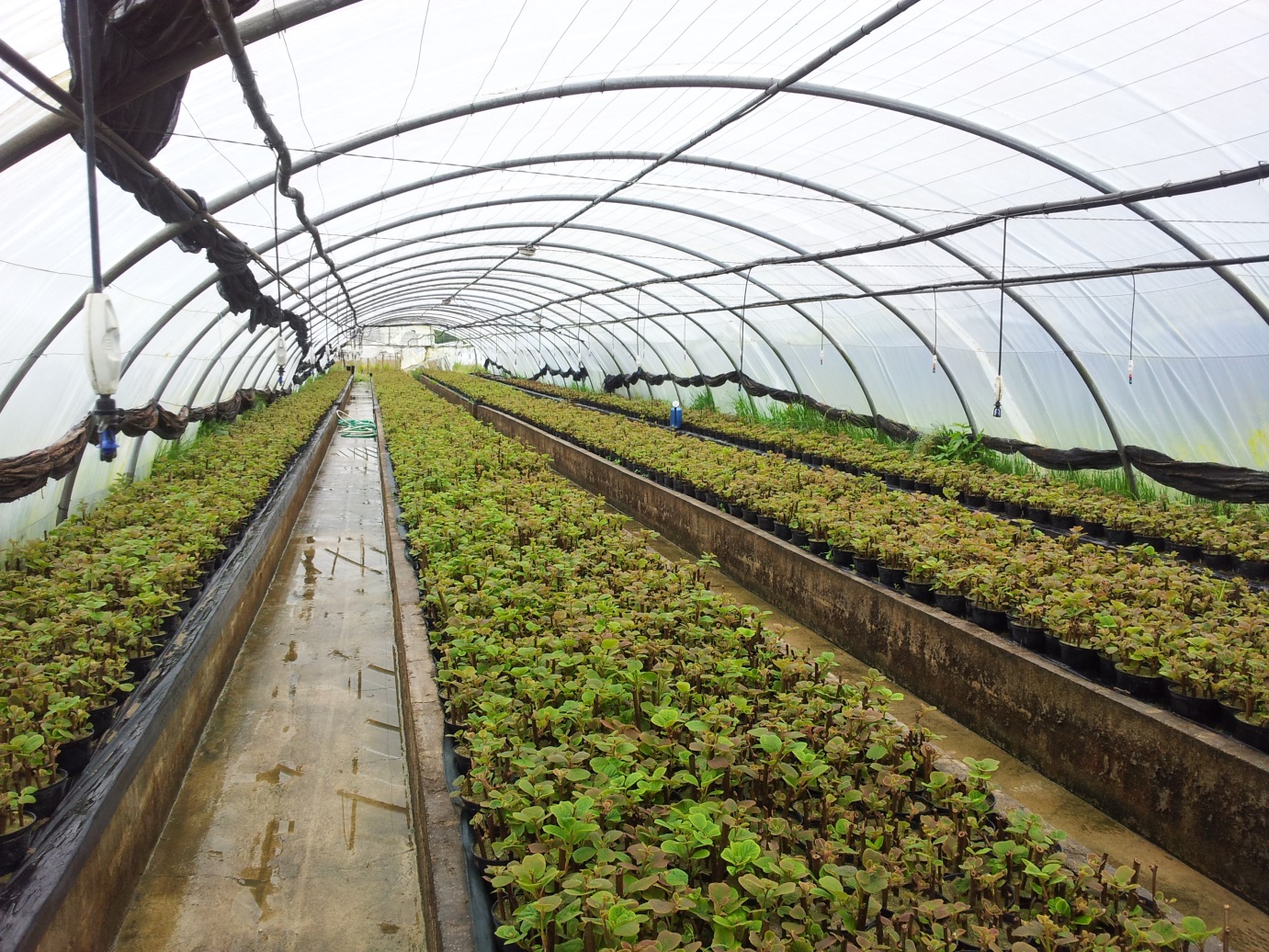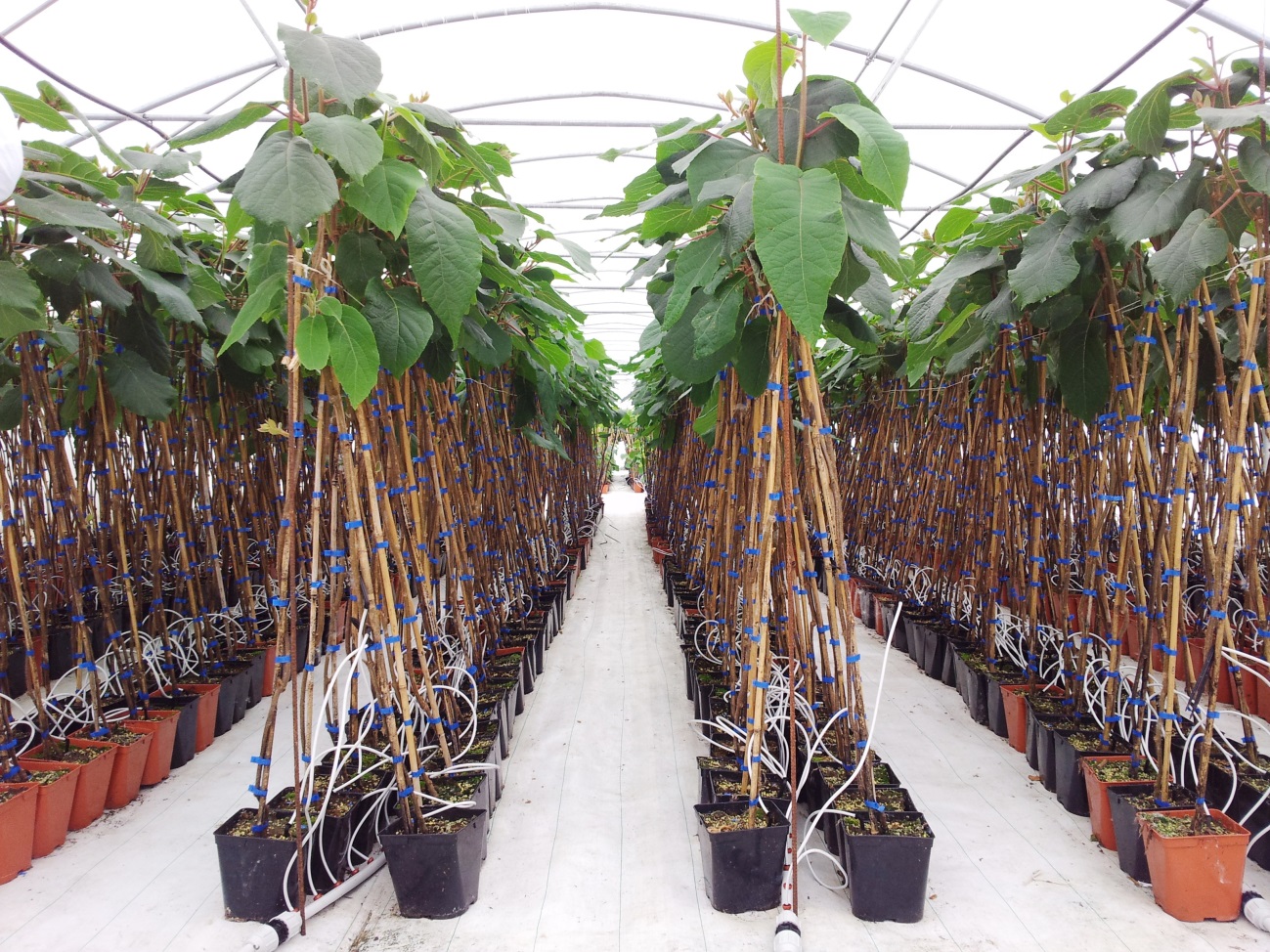What is the RNQP Project?
Under the new EU Plant Health Law, Regulation (EU) 2016/2031, a list of RNQPs should be adopted in an implementing act. In this context, the European and Mediterranean Plant Protection Organization (EPPO) has led a 2-year project funded by the European Commission (EU COM) on RNQPs: The ‘EU Quality Pest Project’ (contract SANTE/2016/G1/SI2.726941). This project began in April 2016 and aimed at recommending a first list of RNQPs for the EU. The EPPO Secretariat also sought endorsement of these recommendations for the EPPO region.
Pests under focus
The pests/entries for which the specification required the assessment of the relevance of the RNQP status, are those currently listed within the EU Marketing Directives on reproductive material, plus some proposed by the Annex Working Group section 2 (IIA2 AWG) of the EU Commission (EU COM) and mainly coming from Annex II.A.2. of EU Council Directive 2000/29/EC.
How did we work?
The scope of the contract was first to define a screening methodology, and then to apply the methodology to about 1400 pest/host/intended use combinations, to recommend a list of pests to be listed as Union RNQPs.
- The methodology was first developed with the support of a Horizontal Expert Working Group, before being endorsed by the EPPO Working Party on Phytosanitary Regulations and published in the EPPO Bulletin.
- The methodology has been applied with the support of six different Sector Expert Working Groups organized by crop or group of crops. Economic values of the plant for planting sectors were collected using a questionnaire. Current EU tolerance levels and risk management measures were confirmed/adjusted in the Sector Expert Working Groups, based on the replies to a questionnaire.



Kiwi plant production in the South-West of France, 2014 (Credit: C. Picard)
